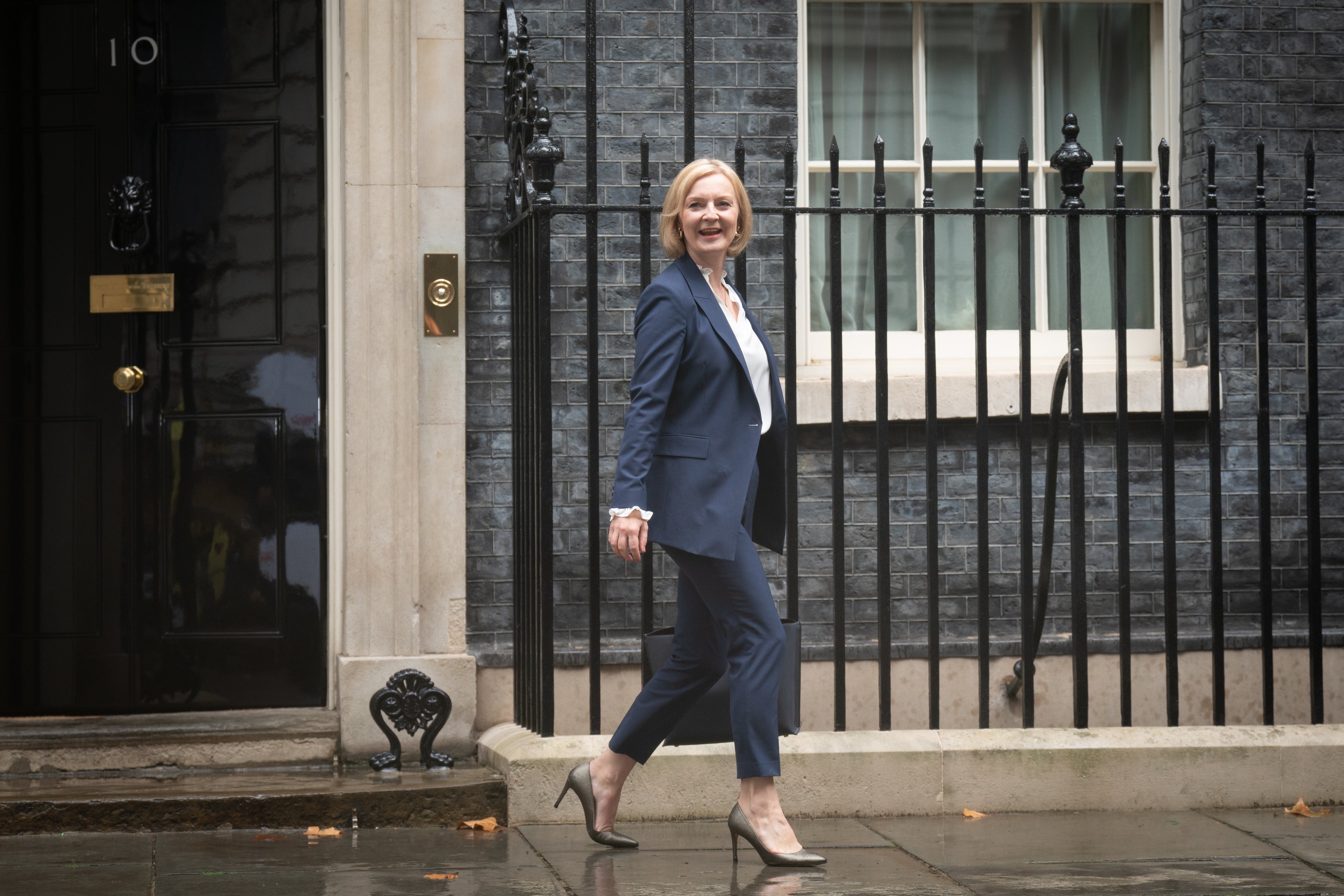Politics to return in full force following Queen’s funeral
Details of a business energy support package and plans for the NHS are expected to feature as the Westminster mourning period comes to an end.

Your support helps us to tell the story
From reproductive rights to climate change to Big Tech, The Independent is on the ground when the story is developing. Whether it's investigating the financials of Elon Musk's pro-Trump PAC or producing our latest documentary, 'The A Word', which shines a light on the American women fighting for reproductive rights, we know how important it is to parse out the facts from the messaging.
At such a critical moment in US history, we need reporters on the ground. Your donation allows us to keep sending journalists to speak to both sides of the story.
The Independent is trusted by Americans across the entire political spectrum. And unlike many other quality news outlets, we choose not to lock Americans out of our reporting and analysis with paywalls. We believe quality journalism should be available to everyone, paid for by those who can afford it.
Your support makes all the difference.Politics is set to return in full force following the Queen’s funeral, with ministers outlining support for businesses and plans to see the NHS through the winter, before the Chancellor’s mini-budget rounds off the week.
Normal activity in Westminster has been put on hold since the monarch’s death, with business in both Houses halted for the official period of mourning.
It is expected that MPs will return to the Commons on Wednesday, following the state funeral on Monday, where those who wish to do so can take a new oath or affirmation to the King.
The PA news agency understands that Business Secretary Jacob Rees-Mogg will also set out further details of the Government’s plans to help firms through the energy crisis.
Heath Secretary and deputy prime minister Therese Coffey is expected to outline her vision to see the NHS through the winter months on Thursday.
Chancellor Kwasi Kwarteng’s highly-anticipated mini-budget will then be delivered on Friday September 23.
The Times reported that the new No 10 chief of staff, Mark Fullbrook, gave a flavour of the PM’s ambition to officials in Downing Street on Tuesday, saying she wants to “turn a two-year administration into a seven-year administration”.
The newspaper also suggested Mr Kwarteng will push ahead with plans to scrap the cap on bankers’ bonuses, although PA understands the move remains under consideration, with no final decisions taken at this stage.
Last week Liz Truss announced her proposals to tackle sky-high energy bills and ease the cost of-living crisis, with a focus on capping prices and boosting domestic supplies.
The news of the multibillion-pound package was immediately overshadowed by the death of the Queen, leaving various questions about how it would be funded and what other measures might accompany it.
The Prime Minister’s two-year plan will save the typical household around £1,000 a year from October and protect billpayers from further expected rises over the coming months.
For businesses and other non-domestic users such as schools and hospitals, which have not been covered by the existing price cap, a six-month scheme will offer equivalent support.
After that there will be ongoing help for the most vulnerable industries, with a review in three months’ time to decide where the support should be targeted.
Under the “energy price guarantee”, bills for the average household will not exceed £2,500 at any point over the next two years.
But the exact nature of the equivalent offer for businesses remains unclear.
Mr Rees-Mogg is understood to be primed to set out further information from Wednesday.
Downing Street had promised that more details about the support were due next week, alongside a pledge to backdate energy costs for companies if there is a delay in getting the complex new scheme off the ground.
The Telegraph reported that the assistance for businesses could take the form of a blanket discount on energy bills, with a fixed reduction to the rate they currently pay per kilowatt hour.
This would differ from the set-up for households, whereby the price suppliers can charge customers for units of gas or electricity will be capped by the Government.
Meanwhile, sources said Mr Kwarteng is reviewing the current fiscal rules – which include that debt should be on course to fall as a share of national income in 2024-25 – given the “severity of the economic shocks” faced by Britain and the implementation of the energy crisis package.
Further details will be provided in due course, it is understood.
The window of opportunity for Mr Kwarteng’s so-called “fiscal event” has been highly constrained, with politics paused following the Queen’s death and the PM expected to fly to New York for the United Nations General Assembly following the funeral on Monday.
MPs had been due to break for the conference season on Thursday, but will now be asked to sit a day longer to make time for the mini-budget on Friday.
A parliamentary business paper also suggests MPs will consider a motion on Thursday proposing that the Commons returns from the conference recess early, on October 11.